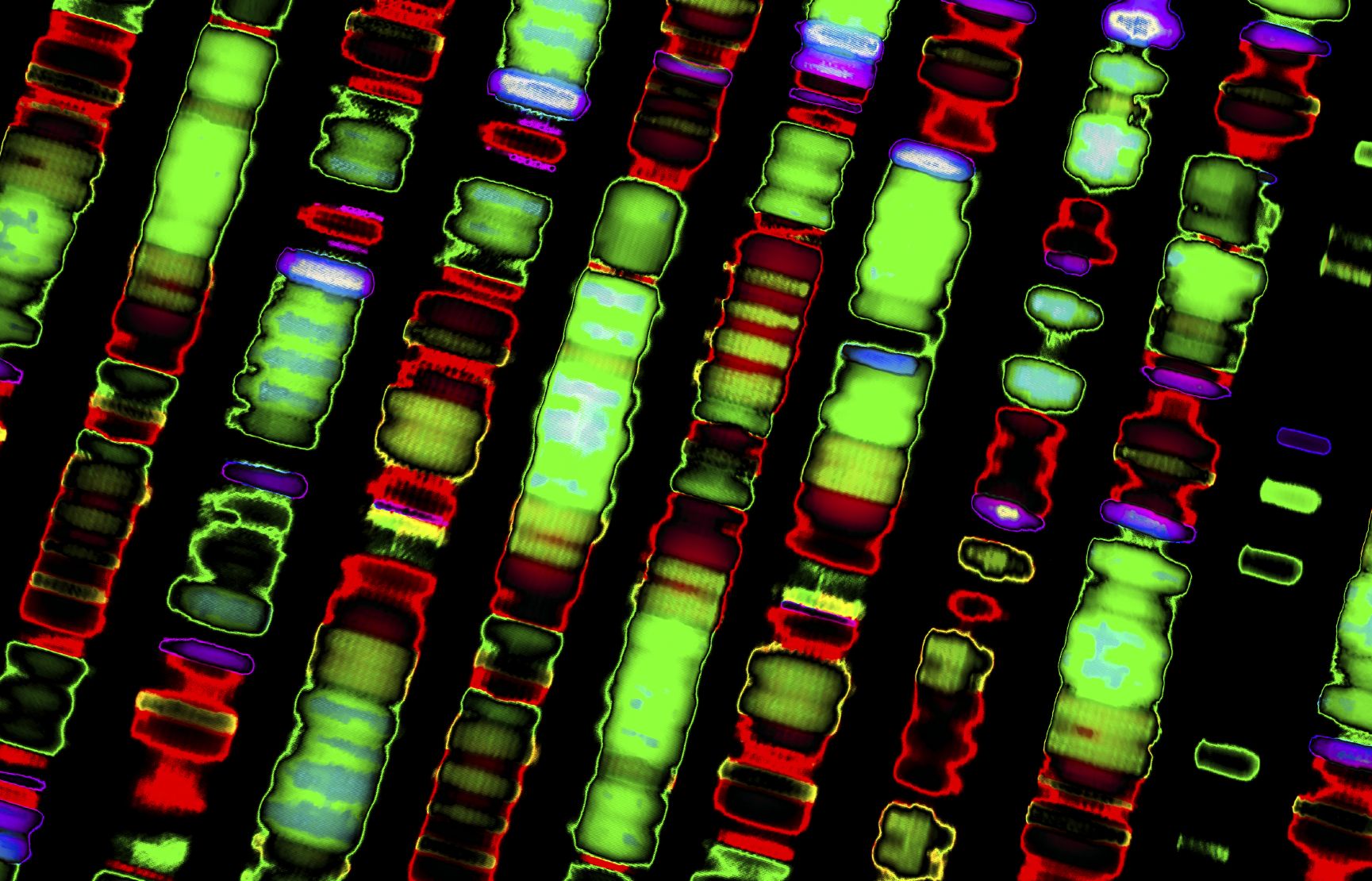Myocarditis case mars Sarepta DMD gene therapy readout

New data on Sarepta's gene therapy for Duchenne muscular dystrophy (DMD) has gone a long way towards building confidence in its efficacy – but have introduced a concern about its safety.
Updated results from several trials of SRP-9001 (delandistrogene moxeparvovec) revealed a wealth of positives, including functional benefits in patients with the muscle-wasting disease after one to fours years of follow-up, pointing to a durable effect of the gene therapy.
Sarepta's gene therapy – like rivals from Pfizer and Solid Biosciences – codes for a shortened form of the dystrophin protein that is deficient in patients with the muscle-wasting disease.
The headline readout was from Cohort 1 of its ENDEAVOR trial – in 20 subjects aged four to seven – which showed a significant improvement compared to controls at one year on the North Star Ambulatory Assessment (NSAA) scale compared to a matched control group.
That was accompanied by improvements in measures that include time to rise, a 10 meter walk/run test, time to climb four steps, and a 100-meter walk/run test.
The fly in the ointment was a case of myocarditis – inflammation of the heart muscle – that was seen in an 11-year-old boy enrolled in Study 9001-103 and was deemed to be serious.
Treatment with intravenous steroids resulted in a "partial resolution" of the inflammation at four months, and the side effect had no apparent effect on the heart's ability to pump blood (systolic function), said Sarepta.
Regulatory scrutiny of gene therapies for DMD is high however, and the FDA has previously placed clinical holds on Pfizer and Solid Bio's candidates – now relaxed – while safety signals were investigated.
In the case of Pfizer's candidate, that clinical hold occurred after cases of myocarditis were seen that have been linked to the gene therapy.
The new data was presented at the International Congress on Neuromuscular Diseases in Brussels, Belgium.
Despite the safety report, chief executive Doug Ingram was upbeat on the totality of the data, saying on a conference call that the ENDEAVOR readout in particular bodes well for the outcome of Sarepta's phase 3 EMBARK study in 120 subjects.
The company has had "robust discussions" with the FDA on the possible schedule for filing SRP-9001 for approval, including the possibility that it may be able to do so on the strength of the current data, but for now that remains unresolved.
If the FDA does allow a filing for accelerated approval – arguably less likely with the myocarditis case – Sarepta could grab the lead among the three gene therapy developers, so a lot will depend on the outcome of those meetings with the FDA.
Sarepta already markets three drugs for DMD that have to be taken chronically, but SRP-9001 offers the possibility of a one-shot therapy for the disease. Roche has exclusive rights to the therapy outside the US.
"Duchenne is a relentlessly degenerative disease and every day of delay is a day of muscle and function loss that cannot be recovered," said Ingram.
"Sarepta and our partner Roche are dedicated and determined to bring this potentially transformative gene therapy to patients around the globe as rapidly as possible."













